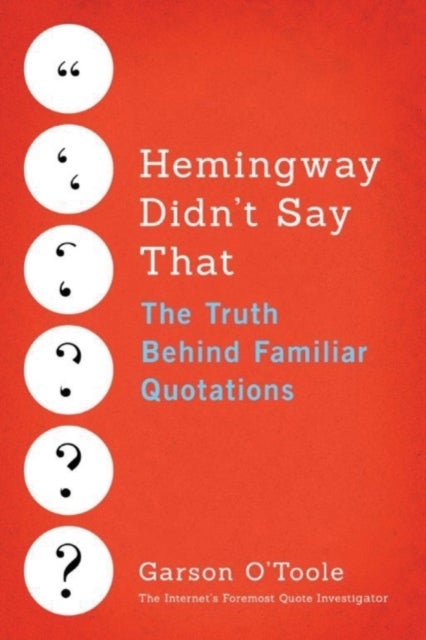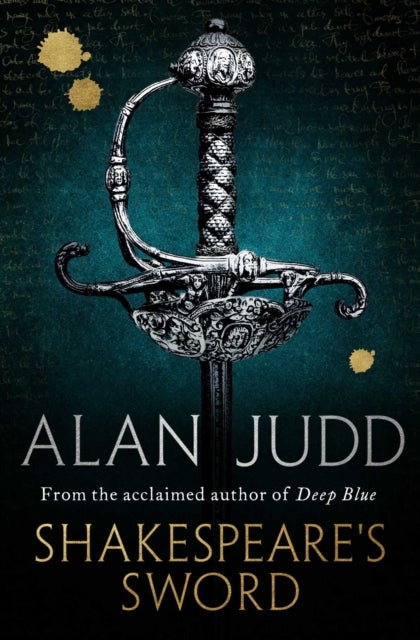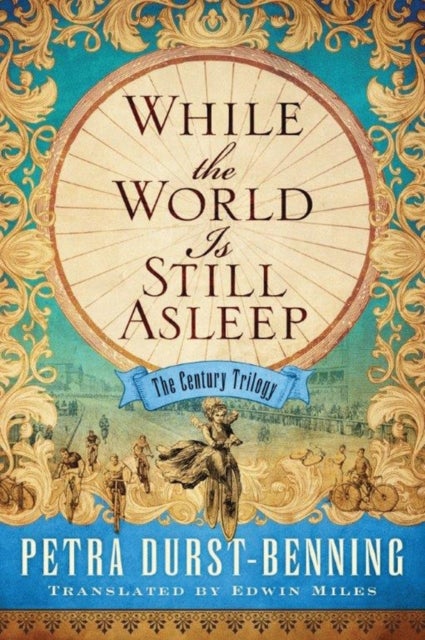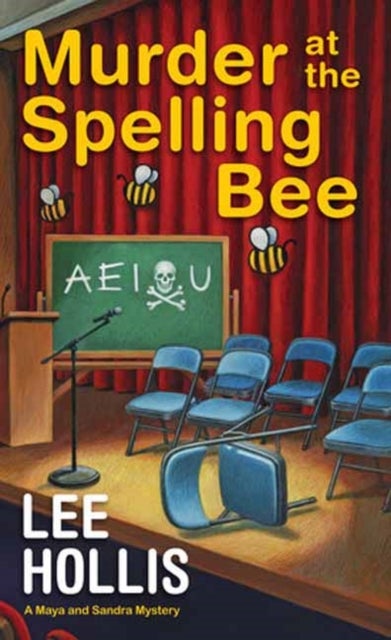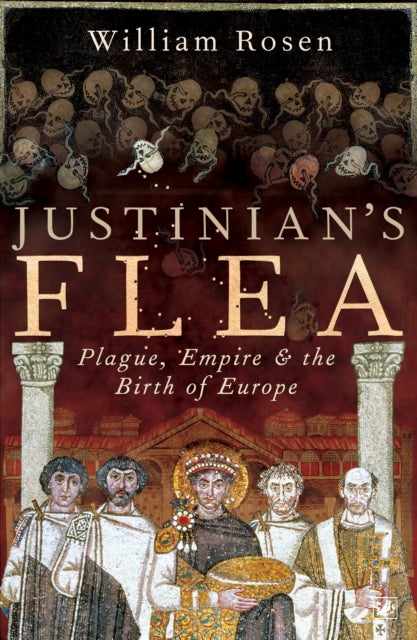
Justinian's Flea av William Rosen
279,-
<p>In the middle of the sixth century, the world''s smallest organism collided with the world''s mightiest empire. With the death of twenty-five million people, the Roman Empire, under her last great emperor, Justinian, was decimated. Before <i>Yersinia pestis, </i>the bacterium that carries bubonic plague, was finished, both the Roman and Persian empires were easy pickings for the armies of Muhammad on their conquering march out of Arabia. In its wake, the plague - history''s first pandemic - marked the transition from the age of Mediterranean empires to the age of European nation-states - from antiquity to the medieval world.<br><br>A narrative history that melds contemporary sources with modern disciplines<i>, Justinian''s Flea </i>is a unique account of one of history''s great turning points - the summer of 542 - revealed through the experiences of the remarkable individuals whose lives are a window onto a remarkable age: Justinian, his general Belisarius, the greatest soldier betw


